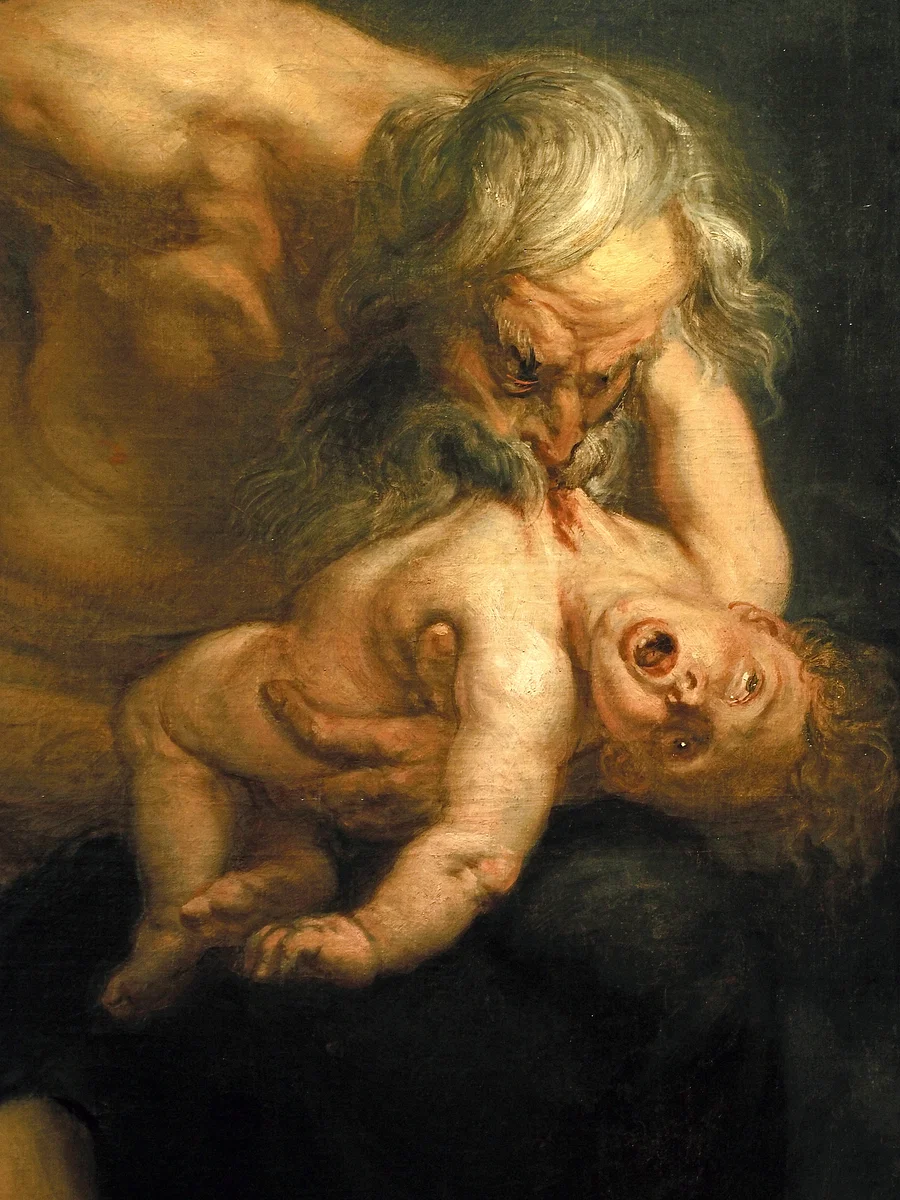Saturn in Greek Mythology: Kronos, Roman Saturn, and Their Intertwined Lore
Saturn in Greek mythology is more complex than you might think! While most recognize the Roman god Saturn, his true origins lie in the ancient Greek Titan, Kronos. This post will unravel their shared history, exploring the mythological origin of Saturn and answering questions like, what god does Saturn represent? We’ll delve into the Greek equivalent of Saturn (Kronos, the Greek version of Saturn) and his surprising connections to the Roman pantheon, including how he became the Roman god Greek equivalent and whether he’s truly the Saturn god of death. Get ready to discover the fascinating, and sometimes dark, lineage behind the ringed planet’s namesake.
Table of Contents
Mythological Origin of Saturn
To understand Saturn, we must first look to his tumultuous beginnings in Greek mythology. The figure we know as Saturn has a direct lineage from the primordial chaos of the universe. In Greek myth, the very first deities emerged from Chaos. Among these were Gaea (Earth) and Uranus (Sky). Their union produced the first generation of Titans, powerful and immense beings who predated the Olympian gods.
Kronos (also spelled Cronus) was the youngest and most ambitious of these Titans. His story is one of rebellion and overthrow. Uranus, fearing his powerful offspring, imprisoned them within Gaea’s womb. Gaea, in her distress, appealed to her children. Kronos, with a sickle provided by his mother, castrated his father Uranus, usurping his power and becoming the ruler of the cosmos during the so-called “Golden Age” of the Titans. This act, though violent, marked a significant shift in the mythological lineage, setting the stage for the next generation of gods.
Saturn Greek God Equivalent (The Greek Version of Saturn: Kronos)
So, who is the Greek equivalent of Saturn? Unequivocally, it is Kronos. While their names differ, the myths and characteristics associated with them are strikingly similar, indicating a direct adoption and adaptation of the Greek deity by the Romans.
Kronos was revered as the Titan of time, and more specifically, destructive time that consumes all. This aspect is famously illustrated in his myth where he, fearing a prophecy that he would be overthrown by his own children (just as he overthrew Uranus), swallowed each of them as they were born. This includes Hestia, Demeter, Hera, Hades, Poseidon, and eventually, Zeus. Only through the cunning of Rhea (his wife and sister) and Gaea was Zeus saved, hidden away to grow up and eventually confront his father.
Kronos’s reign, though powerful, was marked by fear and paranoia, ultimately leading to his downfall at the hands of his son, Zeus, and the other Olympian gods in the great war known as the Titanomachy. After his defeat, Kronos was imprisoned in Tartarus, the deepest abyss of the underworld.
Saturn Roman God Greek Equivalent (Saturn’s Transformation)
The Romans, upon encountering Greek mythology, often adopted existing deities and assimilated them into their own pantheon, giving them Latin names and sometimes slightly altering their attributes. This is precisely what happened with Kronos. The Saturn Roman god Greek name is, simply, Saturn.
When the Romans adopted Kronos, he became Saturn. However, the Roman perception of Saturn often took on a more benevolent hue, particularly in later traditions. While retaining some of the older, darker aspects of Kronos (especially his connection to time and the cycle of life and death), Saturn became primarily associated with agriculture, wealth, liberation, and the Golden Age. This period, under Saturn’s rule, was romanticized as a time of peace, abundance, and equality among humankind, before the “Silver,” “Bronze,” and “Iron” ages came to be.
The Roman festival of Saturnalia, celebrated in mid-December, perfectly embodies this positive aspect of Saturn. It was a time of feasting, gift-giving, role reversals (masters served slaves), and general merriment, reflecting the idealized state of the Golden Age.
What God Does Saturn Represent?
Given this dual lineage, what god does Saturn represent? Fundamentally, Saturn represents:
- Time: Both the passage of time and its destructive, consuming nature (from Kronos) and the cyclical nature of time, particularly agricultural cycles (from Roman Saturn).
- Harvest and Agriculture: A primary domain of the Roman Saturn, symbolizing prosperity and the bounty of the earth.
- Wealth and Abundance: Linked to agriculture and the concept of the “Golden Age.”
- Karma and Fate: Often associated with the consequences of actions, given Kronos’s overthrow by his own children.
- Limits and Boundaries: His association with time and the end of the Golden Age can also link him to limitations and the structured order of the cosmos.
- Rebellion and Authority: Reflecting Kronos’s overthrow of Uranus and his subsequent overthrow by Zeus.
Saturn God of Death?
Is Saturn god of death? This is a common misconception, often stemming from his association with Kronos’s role as the devourer of his children and the destructive aspect of time. While Kronos certainly brought about a kind of “death” or end to his children’s initial lives within him, he was not the Greek god of death in the same way Hades was the ruler of the Underworld and Thanatos the personification of death.
Similarly, the Roman Saturn is not explicitly a god of death. His agricultural associations lean towards life, growth, and sustenance. However, the end of cycles and the passage of time (which inevitably leads to death) are inherent in both Kronos and Saturn’s domains. So, while not a direct “god of death,” he certainly embodies aspects of the relentless march of time that brings all things to an end, and he governs the end of the idealized Golden Age. His connection to lead, a heavy, slow-moving metal, also subtly reinforces this idea of decay and finality in alchemical and astrological traditions.
Conclusion ( Saturn in greek Mythology )
The story of Saturn, from the fearful Kronos to the benevolent Roman deity, offers a fascinating glimpse into the evolution of ancient mythologies. It highlights how cultures borrowed, adapted, and transformed divine figures to suit their own beliefs and societal values. The legacy of Saturn in Greek mythology continues to influence our understanding of time, authority, and the cyclical nature of life, reminding us that even the most seemingly stable cosmic bodies have ancient, powerful, and sometimes dark, stories behind their names.

